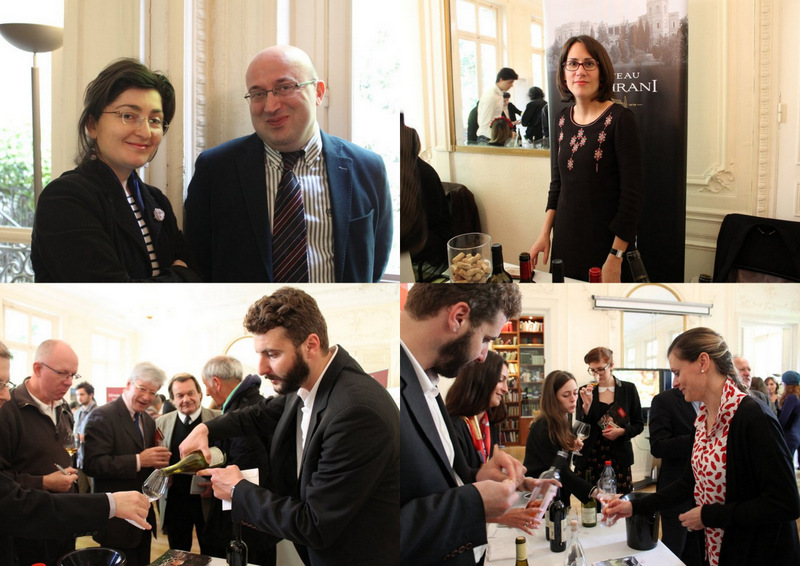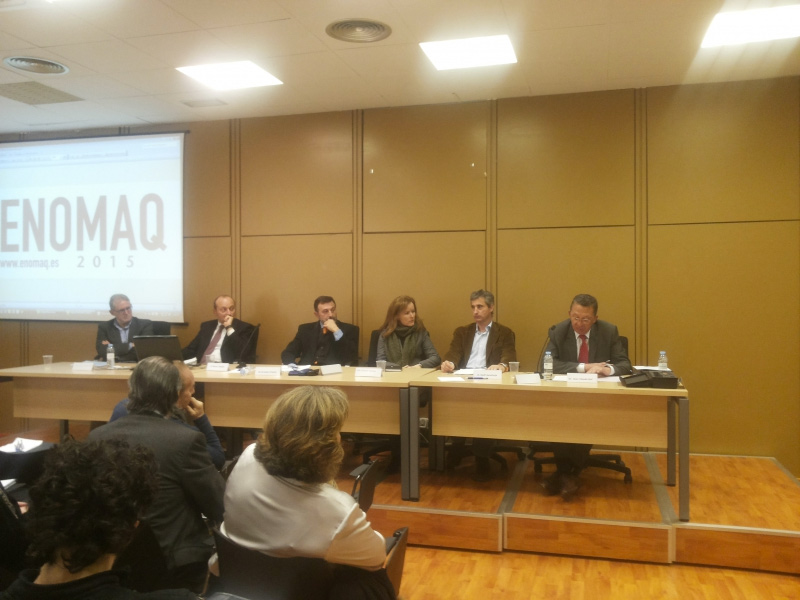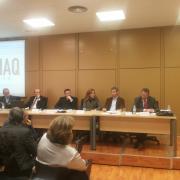
This conference was placed under the patronage of the International Organisation of Vine and Wine with Dr Jean-Claude Ruf, Scientific Coordinator of the OIV, acting as president of the conference, accompanied by Mr Salvador Manjón, Director of SEVI.
A large number of participants from the vitivinicultural sector attended the conference.
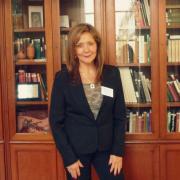
This event, placed under the patronage of the OIV and a member of VINOFED (the World Federation of Major International Wine and Spirits Competitions) includes 5 major competitions: Riesling du monde, Pinot Gris du monde, Gewürztraminer du monde, Sylvaner du monde and Pinot Blanc du monde). The previous year, 850 wines from 21 countries were presented.
The OIV President previously participated in the 13th Bacchus Wine International Competition in Madrid, between 20 and 24 March 2015. This competition, placed under the patronage of the OIV, collected nearly 1651 wine samples from 18 countries.
During these international competitions, Claudia Quini assumes the role of OIV’s expert commissioner to ensure the respect of the OIV standards for international wine competitions. Each year, only around thirty international competitions have the OIV’s patronage, which ensures comparable organisation conditions, selection and awards.

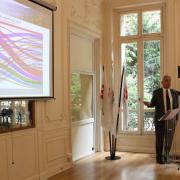
- Slight growth in the global areas under vines (7554 kha, + 8 kha): China is now second in the world in terms of its vineyard surface area, with nearly 800 kha
- World wine production is at a good average (279 mhl), after the high volumes in 2013 (291 mhl)
- Global wine consumption in 2014, estimated at 240 mhl, dropped slightly by 2.4 mhl compared with 2013, within an overall context of stabilisation since 2009
- In 2014, the world wine trade continued to increase in terms of volume (104 mhl, +2%) to reach a stable value of 26bn EUR
- Early estimates of the 2015 harvest: a slight decline in the southern hemisphere
Global State of Conditions Report
PPT Presentation [FR]
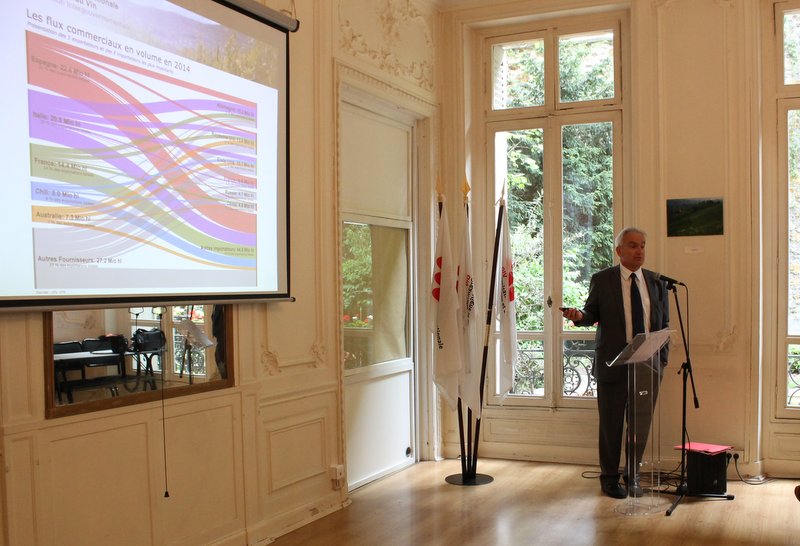

As a world leader in the wine industry, he served for many years as the official United States delegate to the Wine Technology Group of Experts of the Office International de la Vigne et du Vin (OIV). He was also active in the OIV Subcommission on Methods of Analysis and the Group of Experts that draws up the OIV Code of Enological Practices.
In recognition of his contributions to this organization, he was presented the OIV Award of Merit in 1999, one of the very few Americans to be so honored.
As Chairman of the Wine Institute Technical Committee for two decades, he had been instrumental in successfully guiding the work of that group in numerous areas critical to the grape and wine industries. He had also headed numerous Wine Institute subcommittees dealing with such regulatory bodies as the Bureau of Alcohol, Tobacco, and Firearms, the Department of Agriculture, the U.S. Food and Drug Administration, both Federal and State EPA, the California Air Resources Board and a number of water quality and waste management agencies. He had received the highly coveted Merit Award of the American Society for Enology and Viticulture.
He had served the Society first as its Technical Projects Director, then as President, and later as the Editor of the American Journal of Enology and Viticulture. He acted as Enology Editor of that publication, and as editor of the chapter on wine analysis in the Official Methods of Analysis of AOAC International for nearly thirty years and was elected a Fellow of that organization. He has served as the Liaison Officer between AOAC and the American Society for Enology and Viticulture for over 30 years.
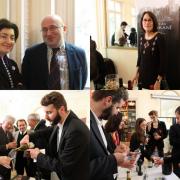
The Ambassador recalled that Georgia, the heart of the Caucasus, is one of the cradles of global viticulture. Vines have been grown there for thousands of years, in ideal geological and climate conditions. The oldest seeds, found in various parts of the country, date back to at least 8000 BC and belong to the Vitis Vinifera species. Today, 525 native vine varieties are grown in Georgia.
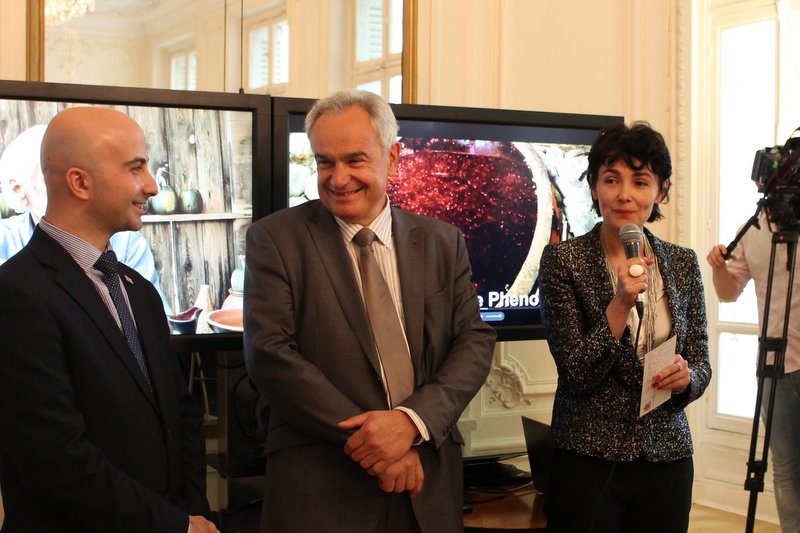
The Director General of the OIV, Mr Jean-Marie Aurand, praised the second occurrence of this presentation and thanked Georgia for its considerable involvement in the OIV's activities since the World Congress in Tbilisi in 2010. Specifying that he was to travel to Georgia at the beginning of June, Mr Aurand emphasised the resurgence of Georgian wines. Small winegrowers, cooperatives and independent wineries rival one another in terms of quality.
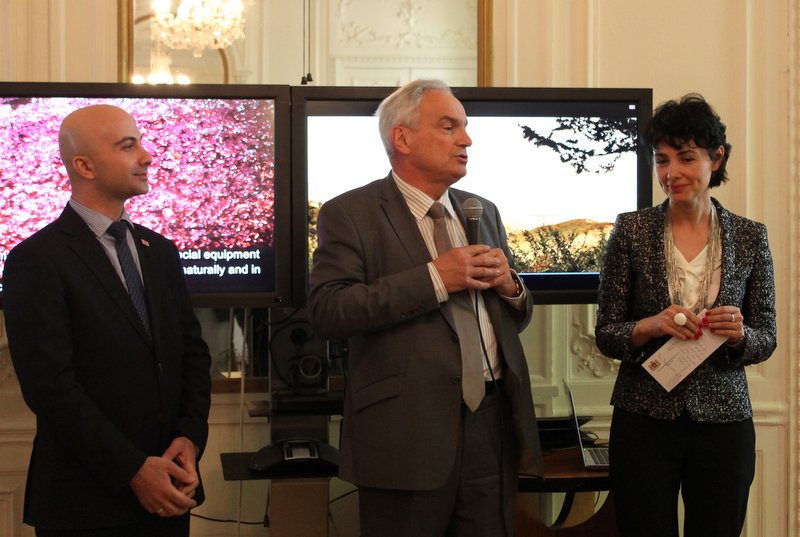
Mr Giorgi Samanishvili, President of the Georgian National Wine Agency (GNWA), presented various aspects of the history and the challenges surrounding Georgian viticulture, insisting on the fact that wine represents a treasure, a part of the culture and an asset for Georgia. Vines can be found everywhere, and are deeply rooted in the daily lives of Georgian people, in poetry, painting and architecture.
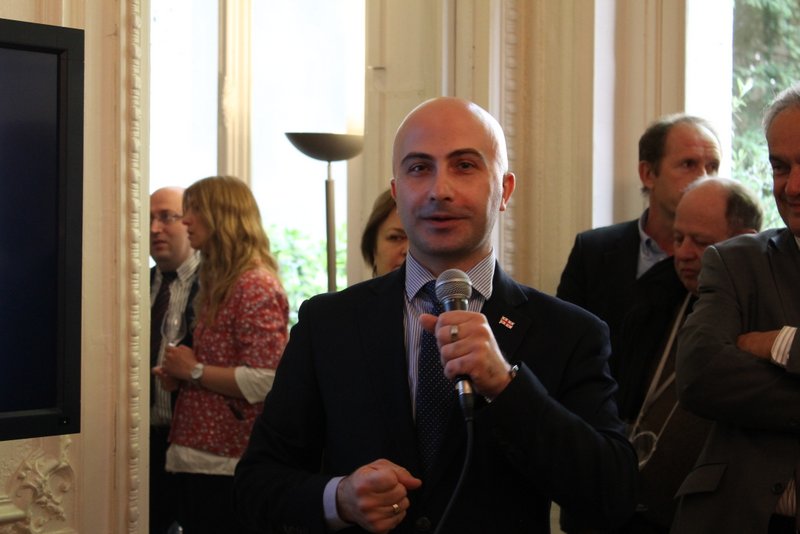
This vine and wine culture is closely linked to the country's history. Careful attention has been paid to viticultural traditions, which have been passed down through the generations. Since December 2013, traditional winemaking in a Qvevri (a large clay jar) has been on the UNESCO Intangible Cultural Heritage of Humanity List.
Gaumarjos, a toast to you in Georgian!
